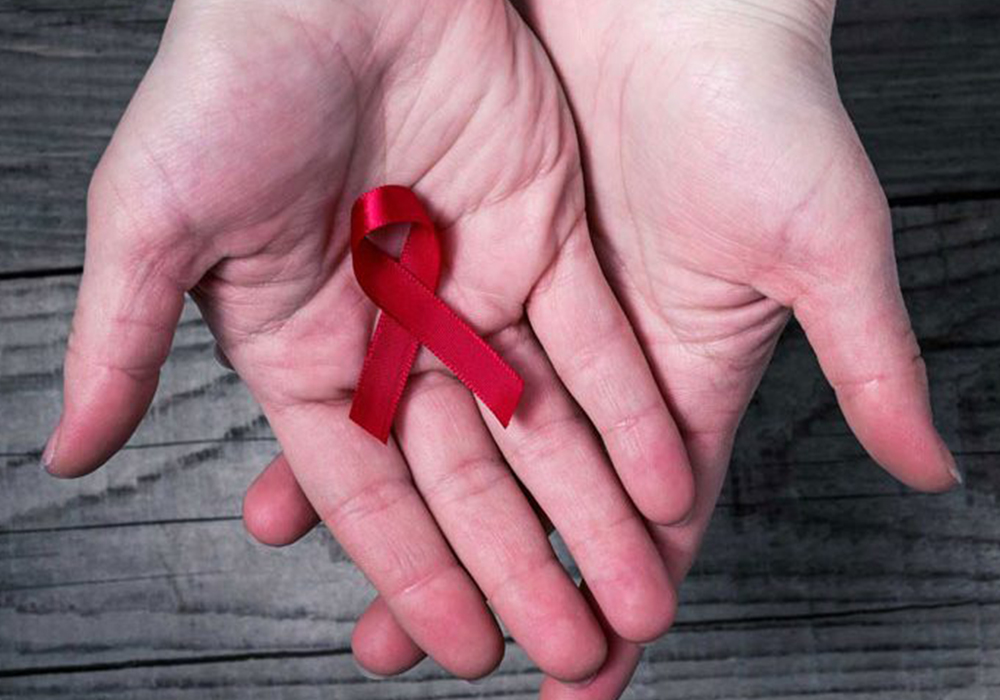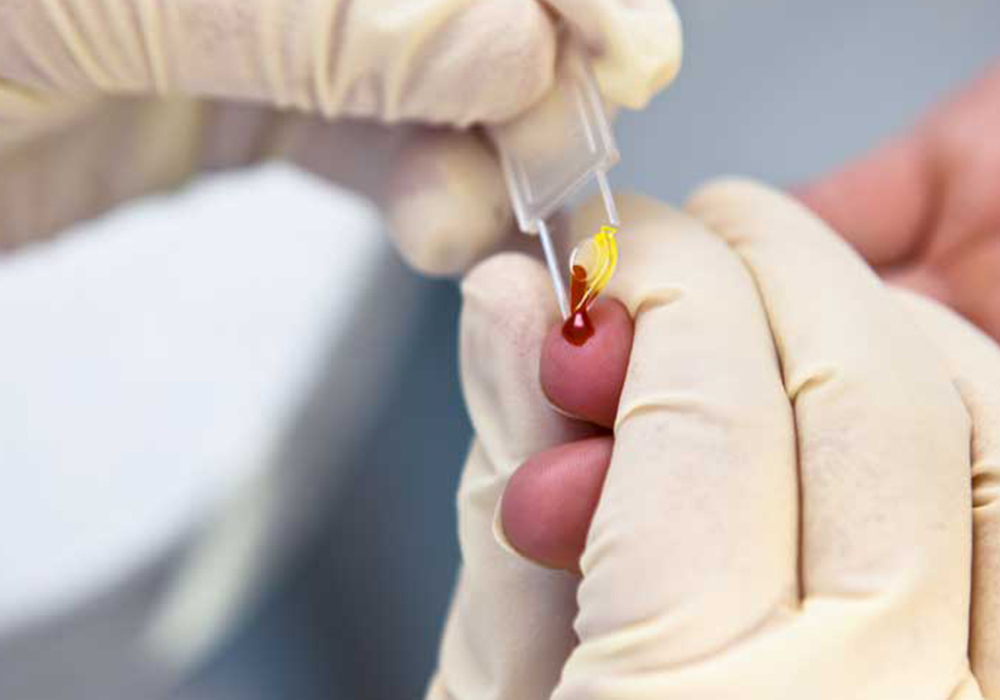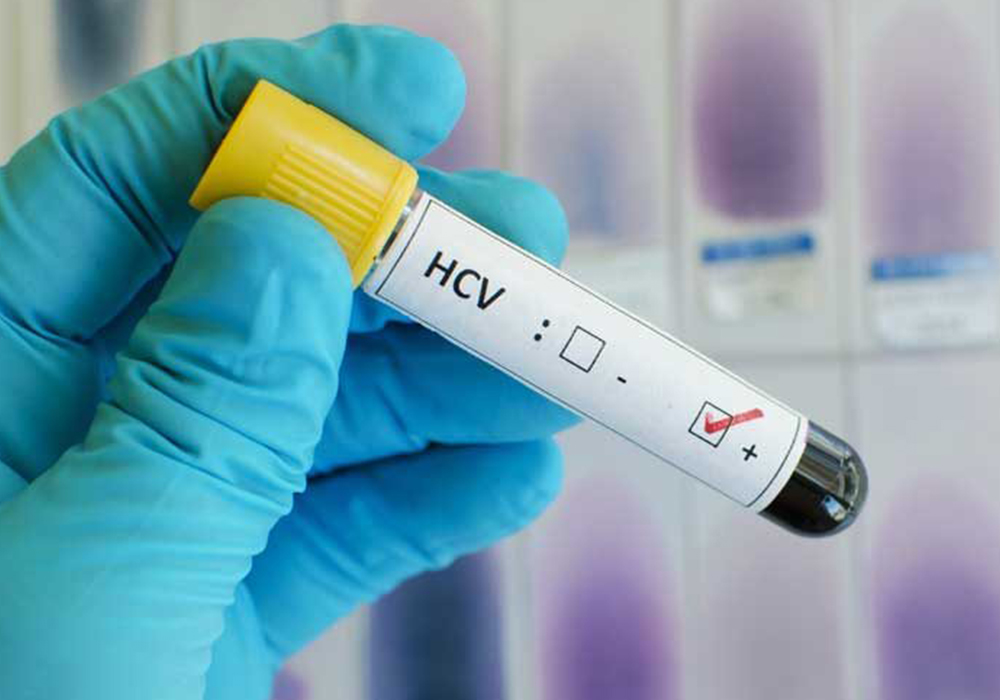Helpful Resources
Times have changed. HIV stigma hasn’t. Knowing the facts about HIV/AIDS is the best way to combat misinformation and judgement and to build acceptance.


Hiv basics
HIV (Human Immunodeficiency Virus) is a virus that attacks your body’s defence against disease and illness by infecting the very cells which would normally fight off infection. Anyone can be infected with HIV. You can have HIV without knowing it. Estimates are 15% of people Living with HIV are not aware of their status. Left untreated, HIV is the virus that causes AIDS (Acquired Immune Deficiency Syndrome).
Where To Learn More
Safer sex
“Safer sex is any kind of sexual activity that reduces the chances of becoming infected with HIV or transmitting HIV, or other sexually transmitted blood-borne infections (STBBIs).”
Safer sex is:
- about knowing your options.
- for everyone – no matter your age, race, ability, gender identity, sexual orientation, number of partners, relationship status or whether you’ve been diagnosed with an STI before.
- being comfortable with what you’re doing and being able to talk to your partners about what you do and don’t want.
- sex that considers your plans around pregnancy.
- about choosing options that lower the chance of passing or getting STIs and keep you and your partners healthy.
- taking steps to get tested for STIs if you are sexually active and getting treatment if you are diagnosed with an STI.
- fun, stimulating, exciting and erotic.
Where To Learn More


GetTING tested
Why Should You Test? Knowing your status is the first step in protecting yourself and your partner. Estimates are that 15% of people living with HIV don’t know their status. Getting tested for HIV is quick, easy and available near you. Testing is the only way to know for sure if you have HIV.
Where To Learn More
Safer drug use
We recognize that using drugs introduces risk – but there are ways to make it safer. People can reduce their risk of HIV, hepatitis C, overdose, and other drug-related harms by applying evidence-based harm reduction strategies around safer drug use.
Needle and Syringe exchange and Naloxone Programs are available to individuals who use drugs in our region.
Where To Learn More


Hepatitis C (Hep c/Hcv)
Hepatitis C is a virus that attacks your liver. It is spread when the blood of a person with hepatitis C comes in contact with the bloodstream of someone else. You can live with hepatitis C for 20 to 30 years or more without feeling sick even though the virus is injuring the liver, making it hard for it to work properly.
HepC testing is available and new treatments are effective at clearing the infection in 90% of people.